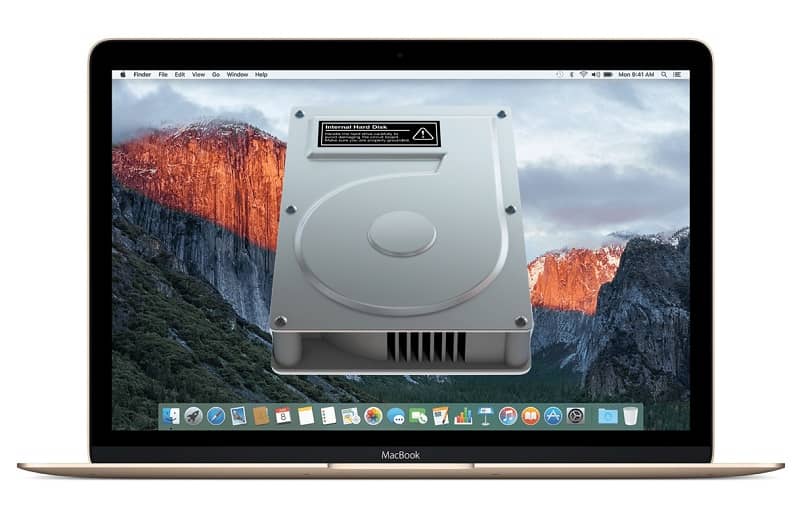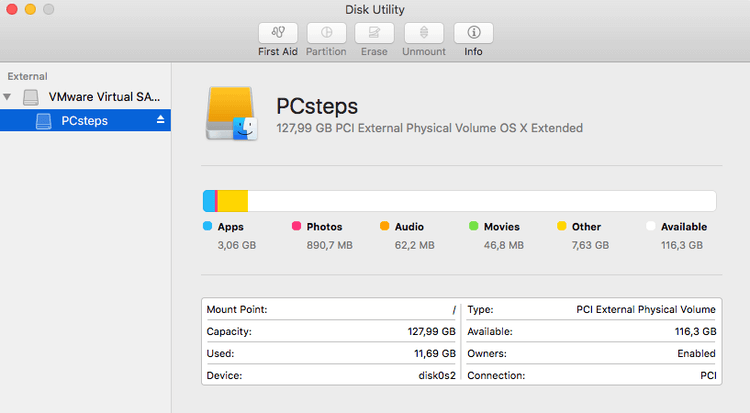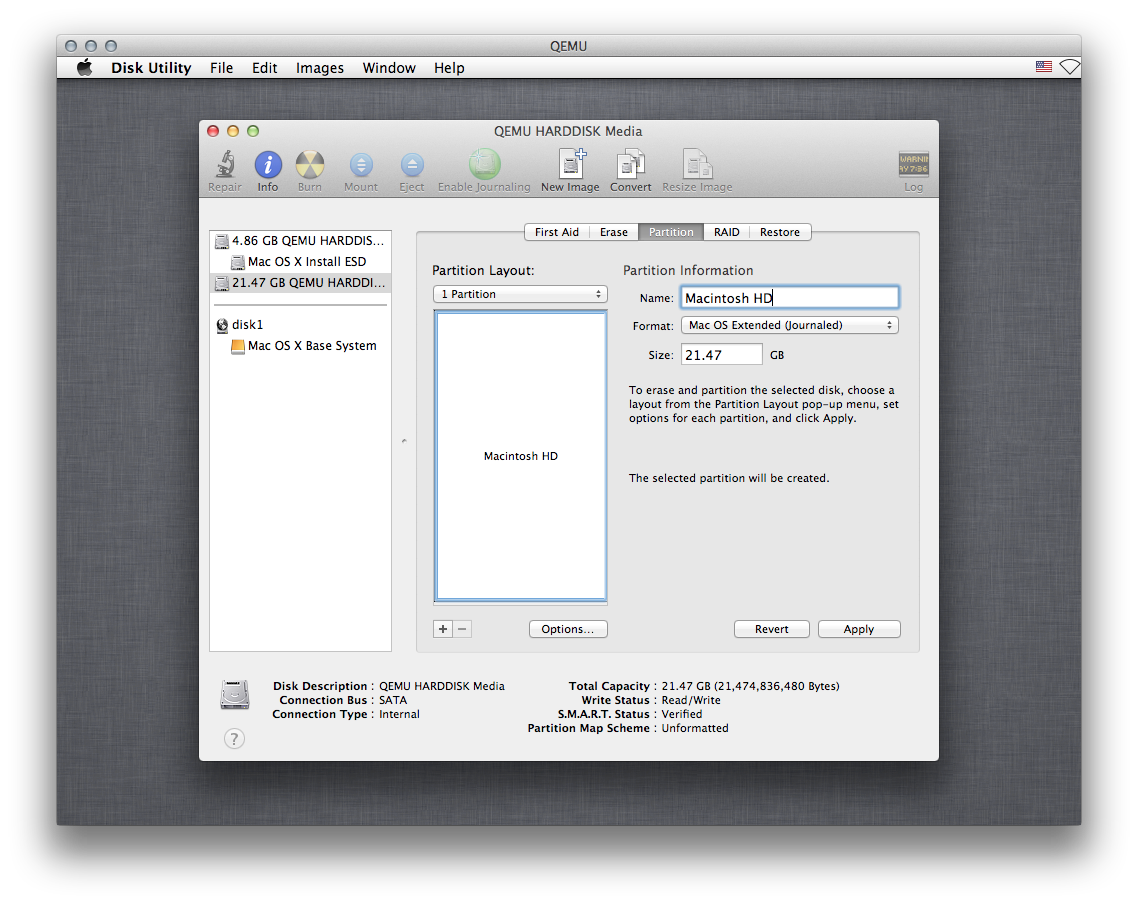

- #How to partition disk mac how to
- #How to partition disk mac install
- #How to partition disk mac pro
- #How to partition disk mac tv
- #How to partition disk mac mac
#How to partition disk mac mac
This is an easy way to select a startup disk before your Mac turns on. Your Mac will boot from the startup disk you selected. Click the arrow directly below the drive.Select the disk you want to use as a startup disk.A screen displaying all of the available startup disks appears. Immediately press and hold down the Option key.Press the power button to turn on your Mac.Connect the drive you want to use as a startup disk to your Mac.

There’s also a way to select a startup disk immediately after you turn on your Mac. To change your startup disk back to the primary disk, repeat the instructions and select the primary disk as the startup disk. Select the hard disk or partition you want to use as the startup disk.Ĭlick Restart to restart your computer and boot from the selected startup disk.
#How to partition disk mac how to
Here’s how to change your Mac’s startup disk:Ĭonnect the drive you want to use as a startup disk to your computer.įrom the Apple menu, select System Preferences. Changing Your Mac’s Startup Disk with System Preferences Normally, the startup disk is set as the hard disk inside of your Mac, but you can use an external hard drive, USB thumb drive, or DVD as your startup disk. When your Mac turns on, it loads the operating system on the designated startup disk, a hard disk or partition containing the macOS operating system. Now, specify the volume size you want to create or accept the default size. Click Next in the New Simple Volume Wizard. ( See Image 1) Image 1: Select ‘New Simple Volume’ to create a partition on the hard drive.
#How to partition disk mac tv
If you require any help in the above steps, feel free to reach out to me via comments below or on Twitter.AirPort Apple Apps Backups Developer Education Email Hardware Internet iPad iPhone Mac Music Network Photos Security TV Weekend Wonk Locate the unallocated disk space, right-click on it, and select New Simple Volume. Type in diskutil in the Terminal and hit enter to see the complete list of supported commands. Similarly, these commands can also be used to create, mount, unmount, rename partitions and do much more on your Mac. You can also go to About This Mac > Storage or Disk Utility to double check. After it’s done, you can re-run the diskutil list command again to verify that the volumes have merged and you have regained your space.

The volume being erased has to match the first volume’s file format else there would be unexpected data loss. JHFS+ is short for Journaled Heirarchical File System Extended, or in a nutshell, the file system used by OS X. Here, instead of disk0s4, use the correct volume identifier as per the table you saw when you entered the list command. In the pop-up window, specify the new partition including partition size, drive letter and file system. Right-click the unallocated space and select Create Partition.
#How to partition disk mac install
Use the following command:ĭiskutil eraseVolume JHFS+ drive /dev/disk0s4 Install and start AOMEI Partition Assistant. From here, you would have to select the partition you want to recover and erase it.

In case you ever get stuck in a situation where you are unable to recover a partition on your Mac, follow the below steps: How to delete a partition through macOS Terminal A little research through Apple’s support documentation for the right OS X Terminal commands led me to the below solution. From prior Windows experience, this reminded me to take the command line route, or Terminal, in case of Mac. So, here I was, left with half of my disk space on my MacBook Air (I have the 128GB variant).
#How to partition disk mac pro


 0 kommentar(er)
0 kommentar(er)
